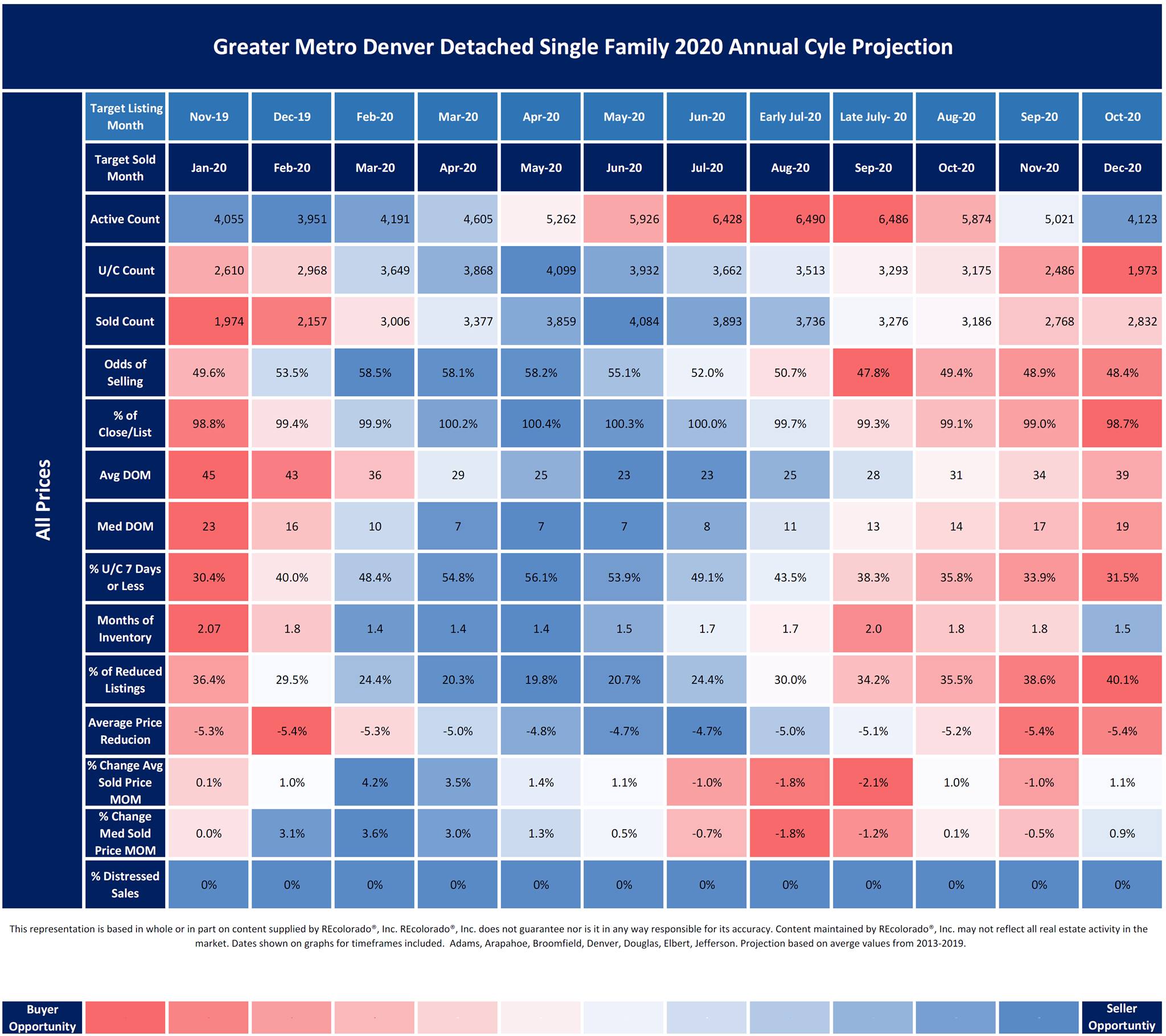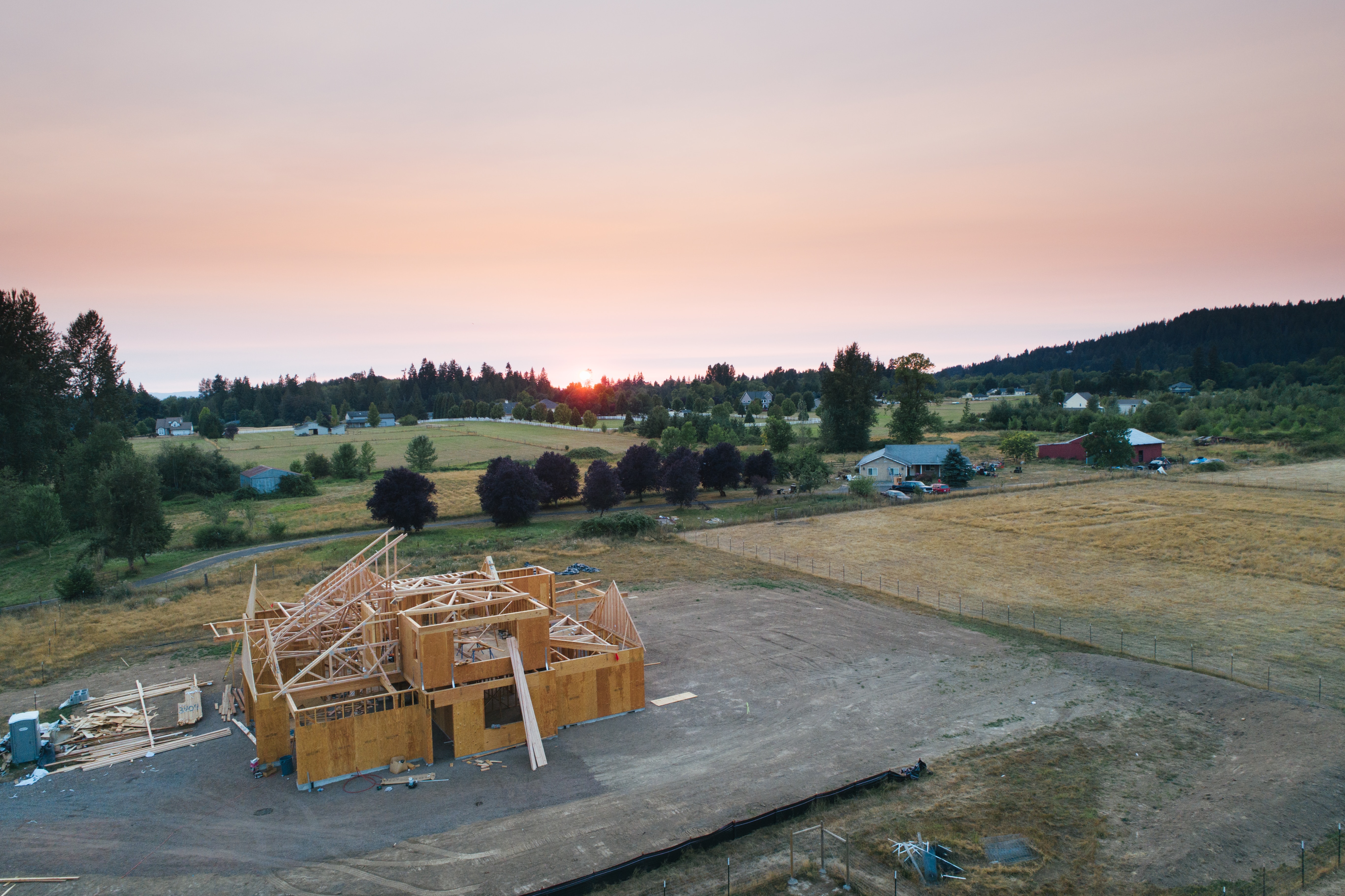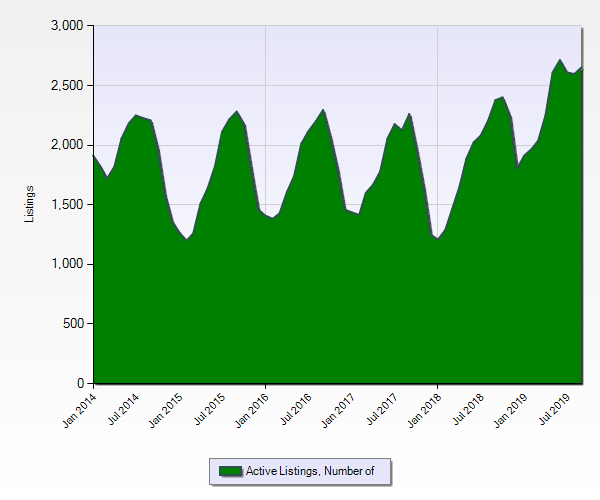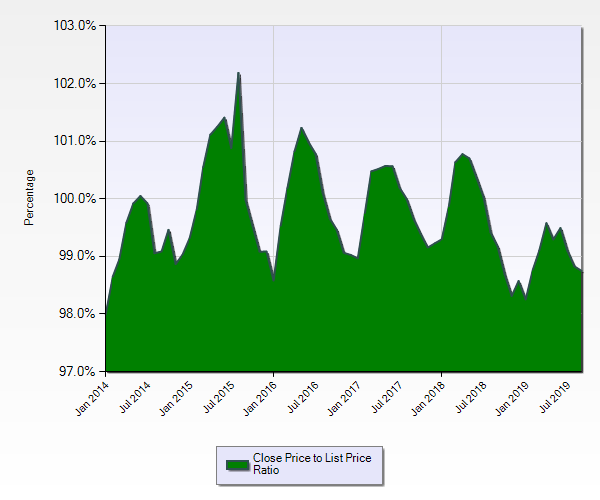
Okay, the title of this post may seem a bit drastic but it certainly feels like that is how this real estate market has turned in 2020 for Denver homebuyers. What can Denver homebuyers expect and what is the best approach to buying a home in 2020?
This chart ended up being the holy grail of information regarding the Denver real estate market in 2019. It helped advise clients on when it was best to buy or sell real estate and help clients make the best decisions. Using the information from this chart, I was able to help clients decide to buy a home in the fourth quarter of 2019 versus waiting until first quarter 2020 due to the power that the buyers had as 2019 ended and knowing we were entering a more competitive marketplace in 2020.
For folks looking to buy and/or sell a home in 2020, there is now an even more comprehensive chart on what to expect to see month by month in the metro Denver real estate market:
This chart is usable for both buyers and seller but this week we will focus on homebuyers and next week, sellers. In my opinion the first row, “Active Count” is one of the most important. Simply put that is the expected number of homes on the market and based on the number, who has the most opportunity. January through April have the lowest count of active homes on the market, therefore, giving sellers the advantage. A low supply of homes will mean thatDenver homebuyers will find themselves competing for homes and homes will go under contract quickly (reflected in row 6, “average DOM”, and 7, “median DOM”, on the chart).
As the market continues to heat up, Denver homebuyers will start to see multiple offers driving up the price of homes. Row 5, “% of list price to close price”, will show this best. March, April and May show that the sale price is actually ABOVE the list price. Keep in mind, since we are using sold prices for this row, there will be a little bit of a lag since the typical close to 30-45 days. This means the sales number for March will correspond with homes that are listed in January or February, April sales will reflect homes that go under contract in February or March, and so on. What this means for buyers looking at homes currently is that you can expect most homes to go under contract for slightly over the list price.
This is the most impactful piece of information regarding the marketplace currently because we start to see a significant increase in prices in a short amount of time. As buyers bid up homes, there are now more expensive comparable sales for a similar home to warrant a higher price the following month. Then THAT home is bid up more, etc. This compounding effect of prices means that buyers often find themselves at an important decision point over just a few months: increase their budget or decrease their needs/wants in a home.
This sudden change in the market can create a bit of anxiety and confusion for buyers that may have seen a slower market in the fall. Here are a few things that I am often asked and that buyers should consider.
I don’t want to/have the ability to compete and go over my price point.
There are two ways to approach this: start looking below your price point, knowing that the price may need to rise. Or, don’t compete. Even though the market is tight, there are always opportunities. As I always mention – be open to homes that may need a little cosmetic work, homes that don’t have professional photos or homes that have been on the market longer than a week. As a buyer, you will typically have more negotiating power with these homes.
With the market not favoring Denver homebuyers, should I even continue to look?
Yes. Historically, we have seen the market appreciate 10-12% in the first half of the year. As the chart depicts, the second half of the year has more homes on the market, giving the buyers much more opportunity. In the second half of the year, we do start to see price decreases 2-3%. Sure, you may be able to get a home for less than the listing price in the Fall, however, it will still be 6-9% higher than the beginning of the year.
With so little on the market, I feel pressured to make a quick decision for a huge purchase.
I get it, this market is moving quickly and at no point am I saying to settle on a home. However, really try to trust your gut and try to decide on your must-haves vs. wants as soon as possible. What can you definitely have to and what is nice to have but you can live without? Additionally, try to get rid of the preconceived notion that you have a look at a lot of homes to find the one. I cannot tell you how many times, homebuyers have found their dream home within the first few homes but felt the need to look at others. Unfortunately, the market is moving quickly and often time that dream home goes under contract quickly and you spend months looking for something similar (to only face an increase in home prices).
We are in a very competitive seller’s market but there are plenty of opportunities for Denver homebuyers to win. IF you are a buyer that was looking through the fall/winter and now see this sudden, abrupt change in the market, please know this is very typical of the Denver real estate market. The quicker you can wrap your head around the change and set new expectations, the easier the home-buying process will be for you.
Denver homebuyers, feel free to reach out to Liz for a more detailed analysis of the current real estate market.
Liz is broker and owner of Liz Daigle Realty.






